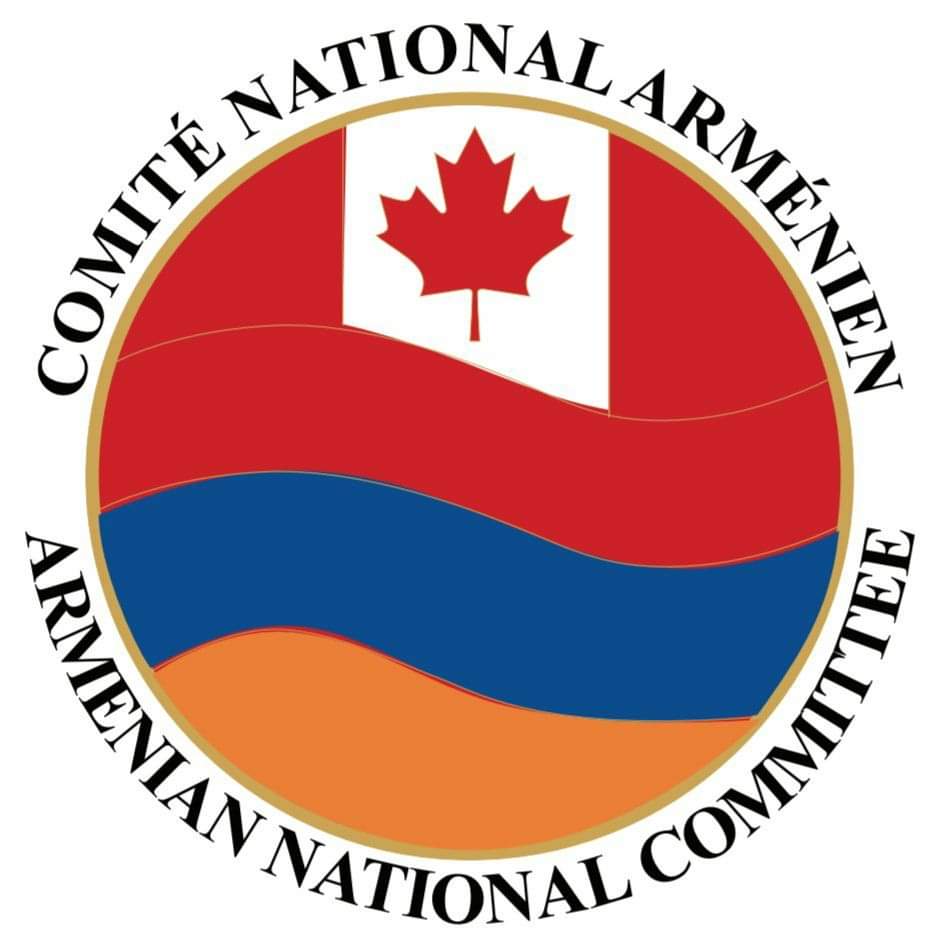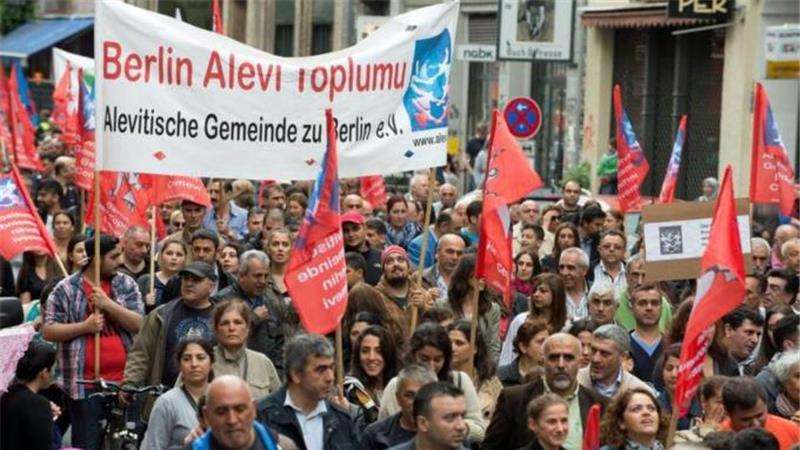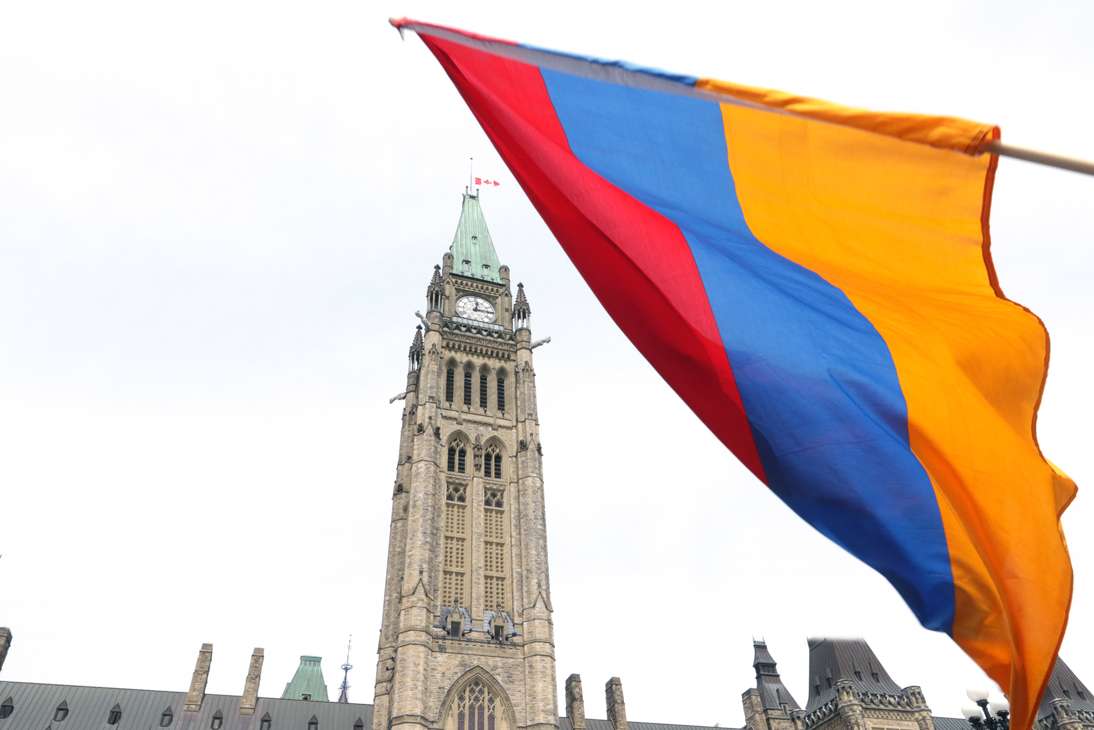By Daniel Dombey
Financial Times
July 2014
As he seeks to explain the stakes in Turkey’s upcoming presidential election, Zeynel Sahin recalls the morning in May when a man standing a metre (yard) away was shot dead by the police.
The victim, Ugur Kurt, a cleaner, was attending a funeral in the courtyard of a cem evi, or house of worship, belonging to the Alevis, Turkey’s biggest religious minority.
“The police were chasing a demonstration down the street and firing into the air and then one of them shot at the cem evi,” recalls Mr Sahin, head of the foundation that runs the house of worship in the Istanbul district of Okmeydani. “There was blood everywhere, then tear gas.”
Kurt’s image is ubiquitous in the rundown neighbourhood, an Alevi stronghold, alongside posters of other dead young men also slain by the authorities.
Many local Alevis have felt marginalised during the 11 year rule of prime minister Recep Tayyip Erdoganand are bracing for his expected victory in Turkey’s first directly elected presidential ballot – a two-round contest that begins on August 10.
In a departure from the secular elite that long ruled the country, Mr Erdogan has cast himself as the champion of the country’s pious, and overwhelmingly Sunni Muslim, masses. He is campaigning for an executive style presidency that would bolster his power.
Many Alevis fear that a prime minister who has presided over a deepening of social tensions and skirted the line of authoritarianism would be even less restrained by checks and balances as president.
“A new regime is coming with Erdogan, if he is elected,” Mr Sahin says. “Turkey has already been polarised: this polarisation will deepen, these intercommunal problems will get worse.”
No authoritative figures exist on Turkey’s Alevis but they are often assumed to form between 8m and 15m of the country’s 77m strong population – many coming from the working class.
Alevis differ from Turkey’s majority Sunnis and according to some are not Muslims at all. They drink alcohol, worship on Thursdays rather than Fridays, and doubt the existence of heaven and hell while revering the Imam Ali, central to Shia Islam.
“Ours is a kind of secular religion,” says Vedat Kara, a spokesman for many of Istanbul’s Alevi organisations, who emphasises that men and women worship together. “But they are trying to assimilate us into mainstream Islam.”
He complains that none of the country’s 81 centrally appointed provincial governors is Alevi and that, under Mr Erdogan, education has become more religious and more Sunni.
While Turkey’s Sunni imams have for decades been paid by the state – and the religious affairs directorate drafts their sermons – the Alevis’ cem evis have no official recognition and must pay taxes.
Alevis have traditionally voted for the country’s secularist Republican People’s party, the main opposition.
Mr Kara reckons their support will fall off next month because of misgivings about Ekmeleddin Ihsanoglu, an Islamic scholar who was chosen as the main opposition presidential candidate in an effort to draw support from Mr Erdogan’s Sunni conservative base.
The Turkish prime minister has made efforts to court the Alevis. He was the country’s first leader to issue an apology for a 1930s massacre of thousands of Alevis by the Turkish state. Mr Erdogan says he plans to pursue an “Alevi opening” to bolster the community’s rights and met a sprinkling of Alevi leaders at a pre-election dinner this month.
The prime minister said Alevis had complete freedom – but then added: “I don’t see cem evis as places for worship.” For Muslims, that should be the mosque, he explained.
To many in Okmeydani, the prime minister’s style reflects a particularly conservative school of Sunni Islam. Some recall how he once referred to “53 Sunni citizens” killed by a bomb on the Syrian border, his naming of a Bosporus bridge after an Ottoman Sultan who killed tens of thousands of Alevis, and the way his supporters booed the opposition leader’s Alevi faith at election rallies in 2011.
One recent survey found 99 per cent of voters for Mr Erdogan’s ruling AK party were Sunni. By contrast, the protesters killed in anti-government demonstrations last year were almost all Alevis.
“He says he speaks for the oppressed,” says Bekir, a retired worker relaxing in a nearby tea house, who used to go by the name ‘Bektas’ until government officials forbade its usage because of strong Alevi connotations. “Oppressed? I can’t even use my own name.”



